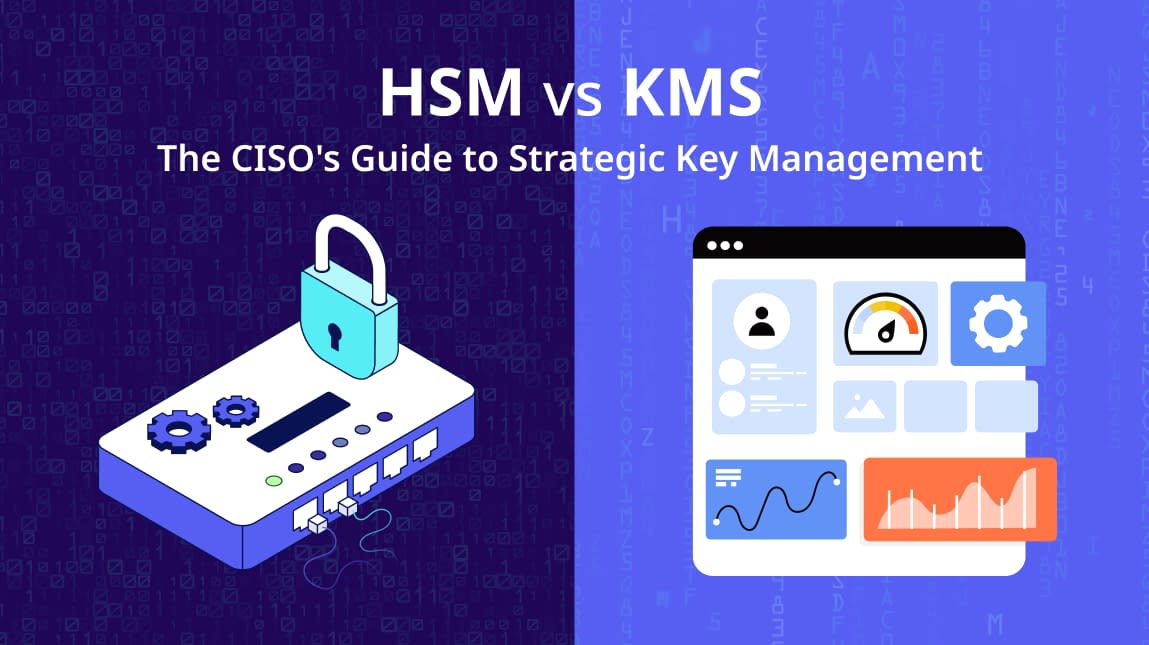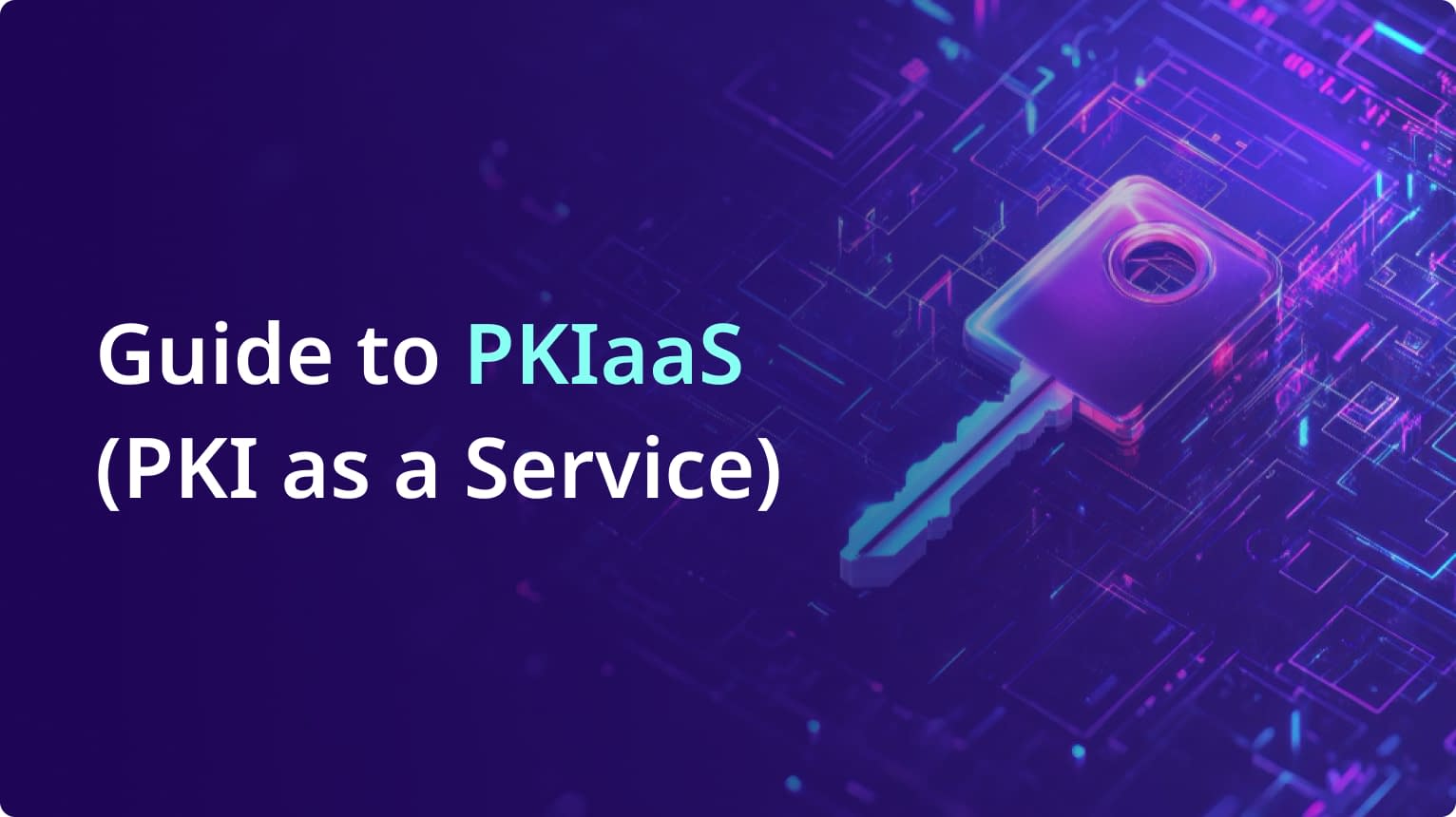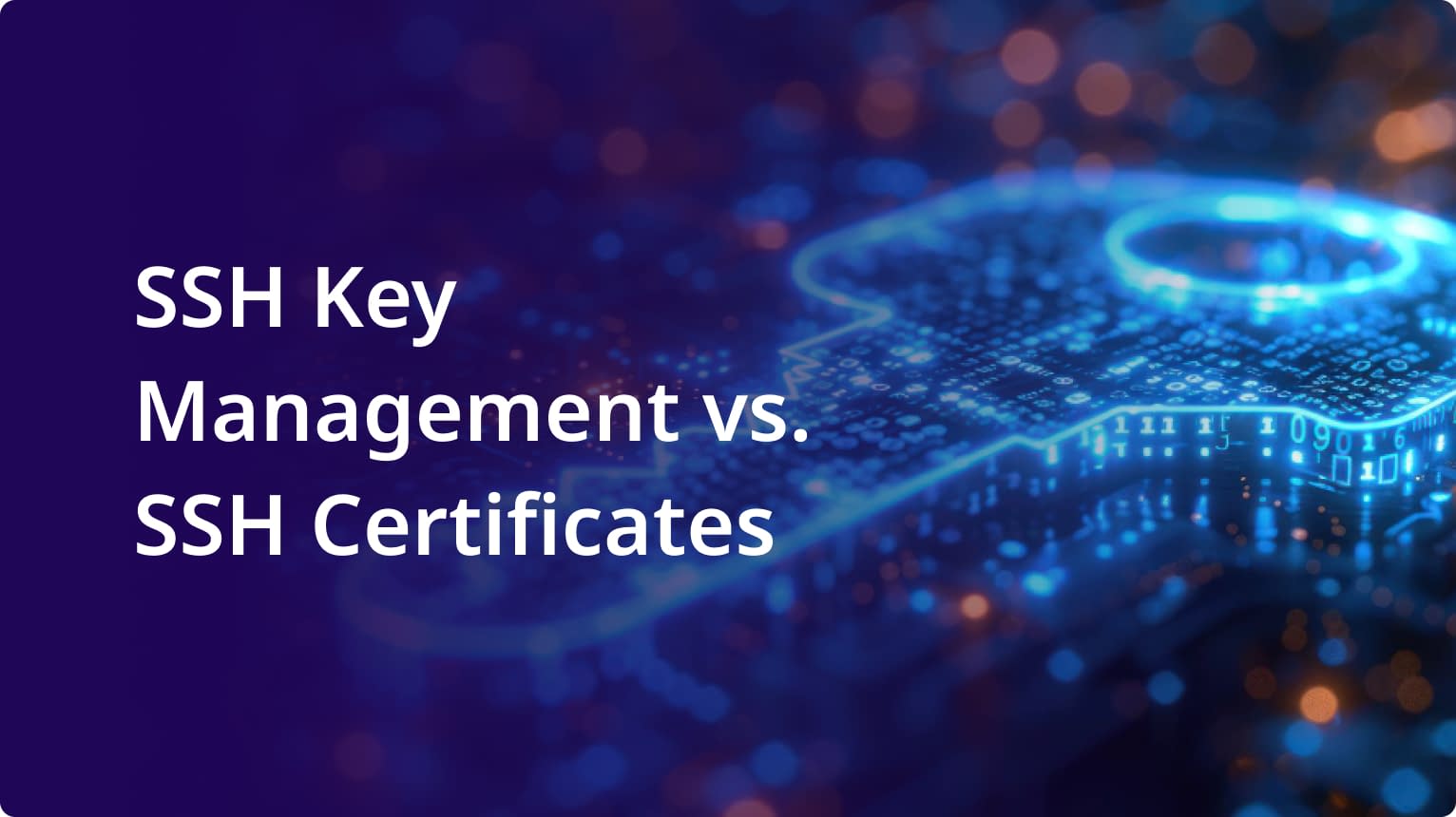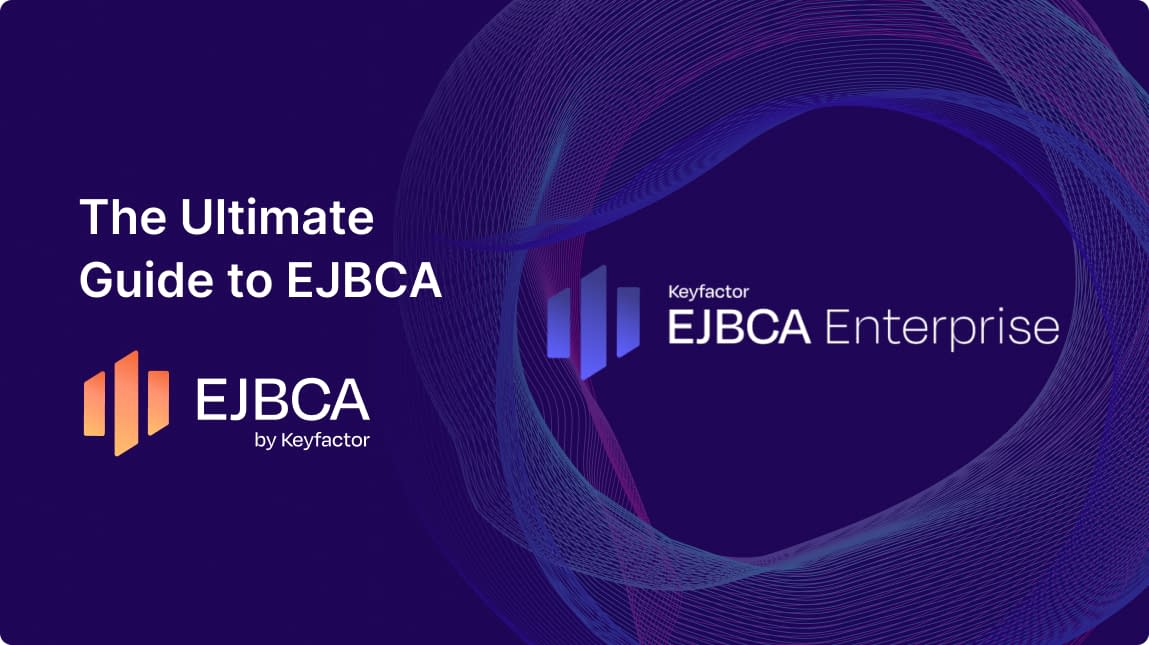From June 1, 2023, the Certificate Authority/Browser (CA/B) Forum is mandating a significant change to storing code signing certificate keys. CA/B Forum Code Signing requirements says that keys must be secured on a hardware security module or token that’s certified as Federal Information Processing Standards (FIPS) 140 –2 Level 2 Common Criteria EAL 4+, or an equivalent. This shift will significantly affect how Organization Validation (OV) certificates are requested and used.
Given recent cyberattacks involving the misuse of code signing keys, it’s no surprise that the CA/B Forum is tightening security measures. A prime example is the infamous ASUS attack, where miscreants found code signing keys on ASUS’ web update server, enabling them to sign malware-infected software updates. Consequently, over a million ASUS customers were infected.
However, this issue has been around for a while. Code signing certificates have consistently been an attractive target for cybercriminals. Accutive Security’s CTO Paul Horn reminds us that: “When private keys are not securely guarded, they become an open invitation for cyber criminals to misuse code signing certificates, thereby camouflaging nefarious software. This misuse extends to authenticating harmful applications such as malware, firmware, ransomware, and even executing kinetic attacks which are inadvertently trusted due to the perceived legitimacy of the certificate.”
What should your company and firm do?
The forthcoming CA/B Forum requirements stipulate the methods for generating, storing, installing, renewing, and reissuing private keys associated with organization validation (OV) code signing certificates. This updated procedure for OV certificates closely resembles the existing one for extended validation (EV) code signing certificates, which have long required key protection via Hardware Security Modules (HSMs) or signing services using HSMs.
Typically, Certificate Authorities will provide a hardware-encrypted USB drive compliant with the regulations upon purchasing a code-signing product. Yet, this would incur additional costs and requirements. The USB drives or tokens must house hardware and software features for executing cryptographic operations that safeguard the key. Despite these measures, there’s a risk of a USB key circulating within your organization without traceability and audit control, except for a password. Some options include:
- You could utilize a Hardware Security Module to protect your code-signing keys. However, this option necessitates additional steps, including HSM certification and integrating your systems with the HSM, before using the certificate to sign the code. This grants you access to your private signing key while securely storing it on the device. Accutive Security is partnered with companies like Thales and a certified professional services provider to help with this process.
- Employing a secure code signing process that optimizes HSM access, specialized products like CodeSigning streamline operations by interfacing directly with the HSM. This eliminates the requirement for users to be well-versed in HSM operations or access procedures. Such solutions automate code signing workflows, ensuring that your keys are consistently stored in secure, encrypted environments.
We are Accutive Security. The Auth + Crypto products and services company. Through our effective cybersecurity products and services, our goal is to keep you, your data, and your reputation safe. We can help explore how code signing can benefit your organization.
What are the requirements for stronger code signing keys
The Code Signing Working Group of the CA/Browser Forum embraced this challenge and initiated an extensive process that concluded with the approval of a ballot to reinforce the regulations related to private keys used for code signing, but with the intention to ease compliance.
The CA is now obligated to secure a contractual commitment from the Subscriber stating, “The Subscriber will employ one of the specified options to generate and safeguard their Code Signing Certificate Private Keys in a Hardware Crypto Module. The unit design form factor of this module must have a certification confirming its compliance with at least FIPS 140-2 Level 2 or Common Criteria EAL 4+.”














Comment